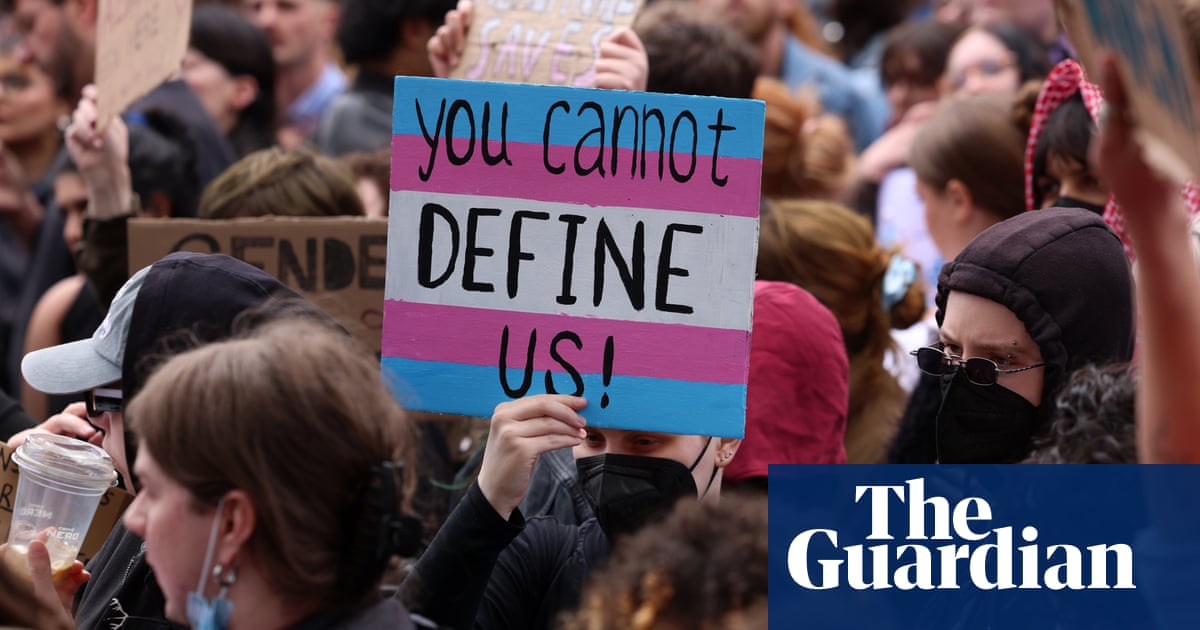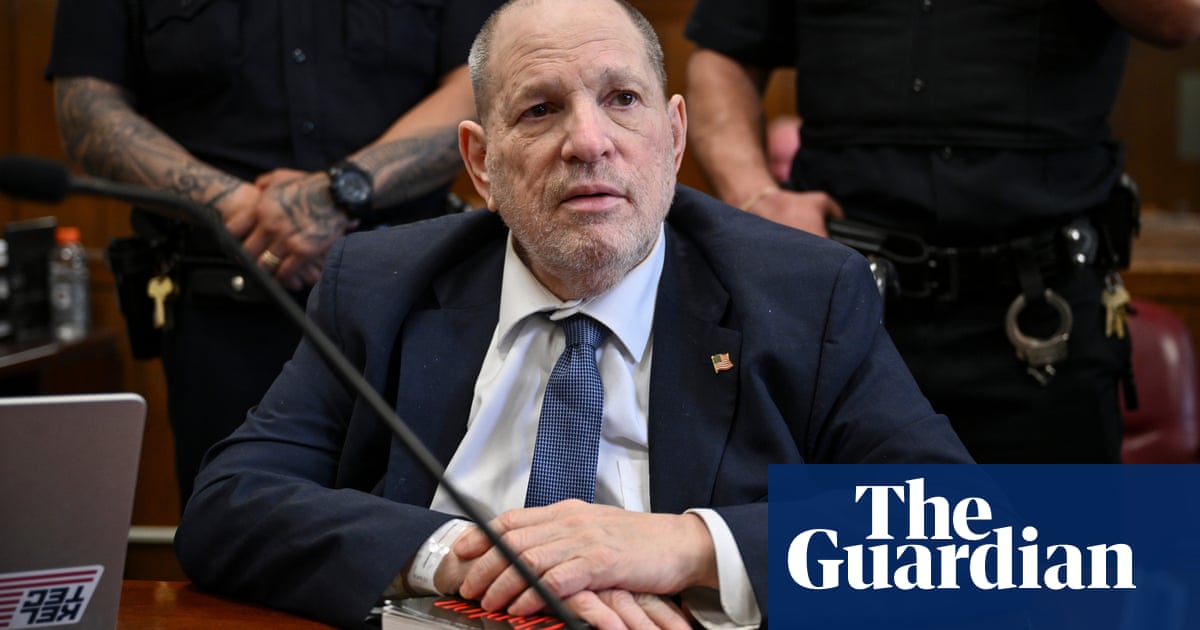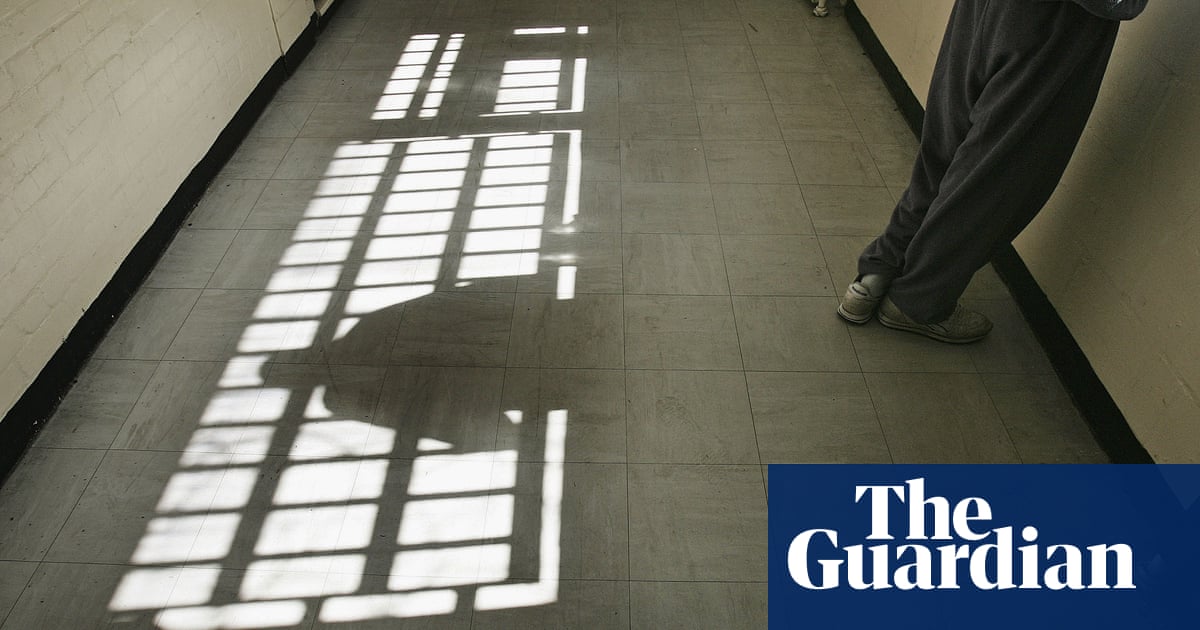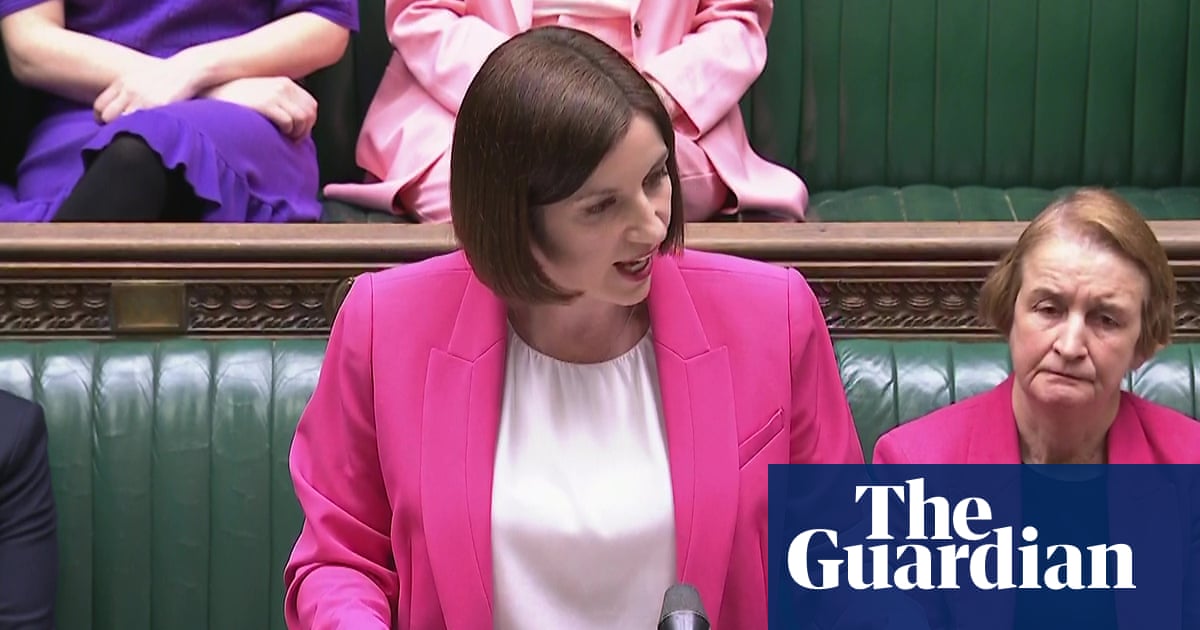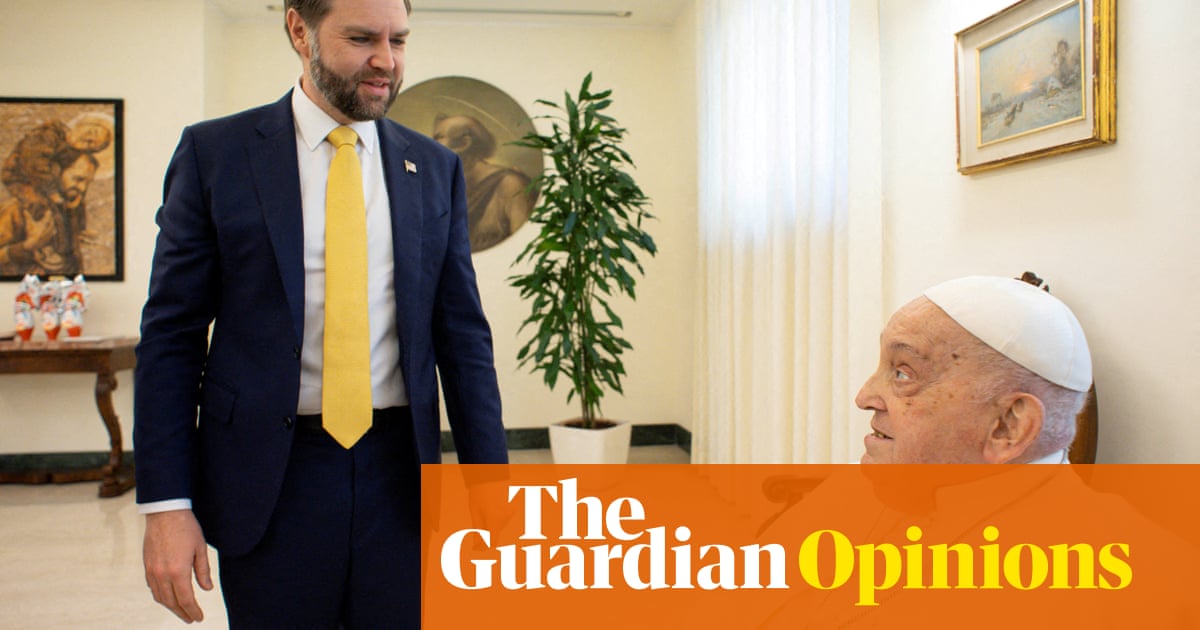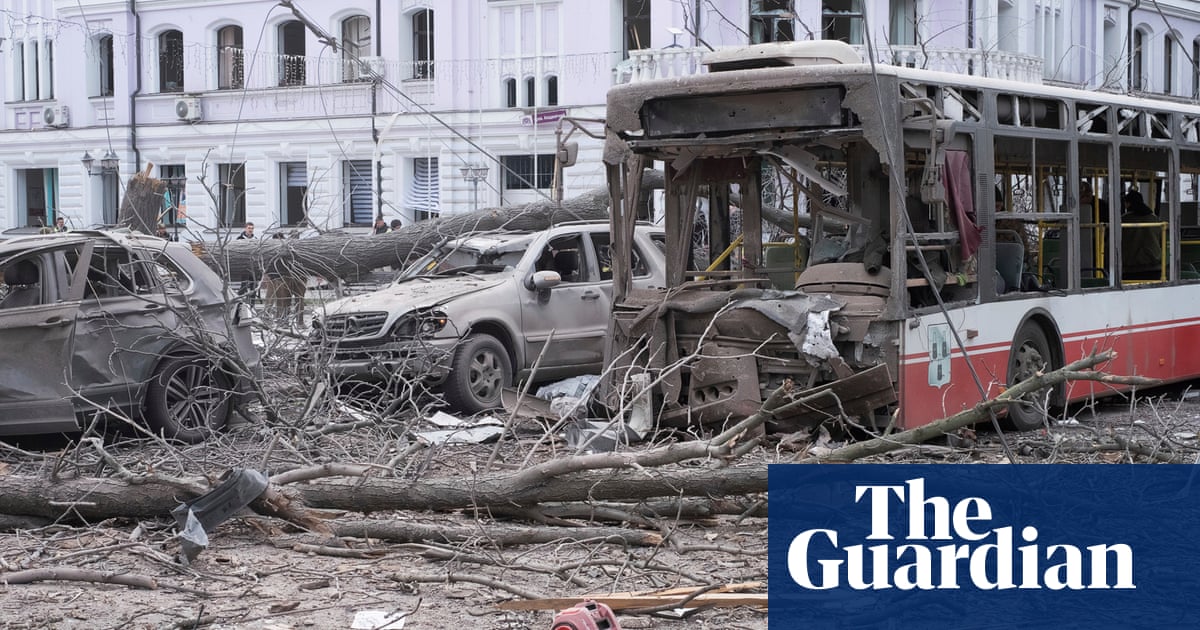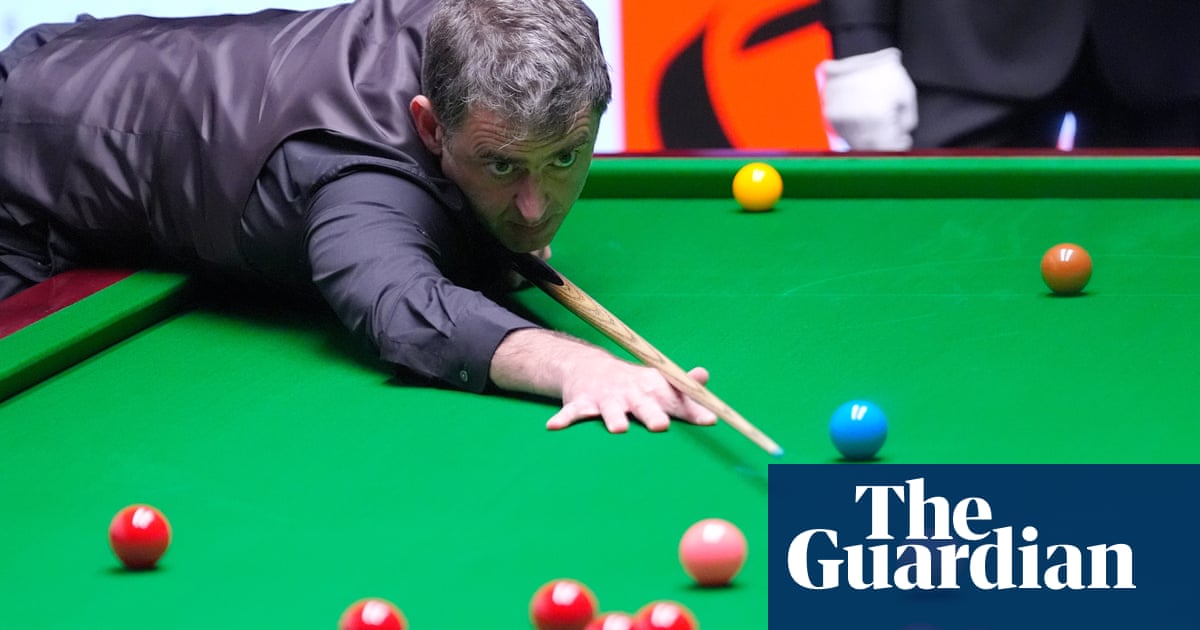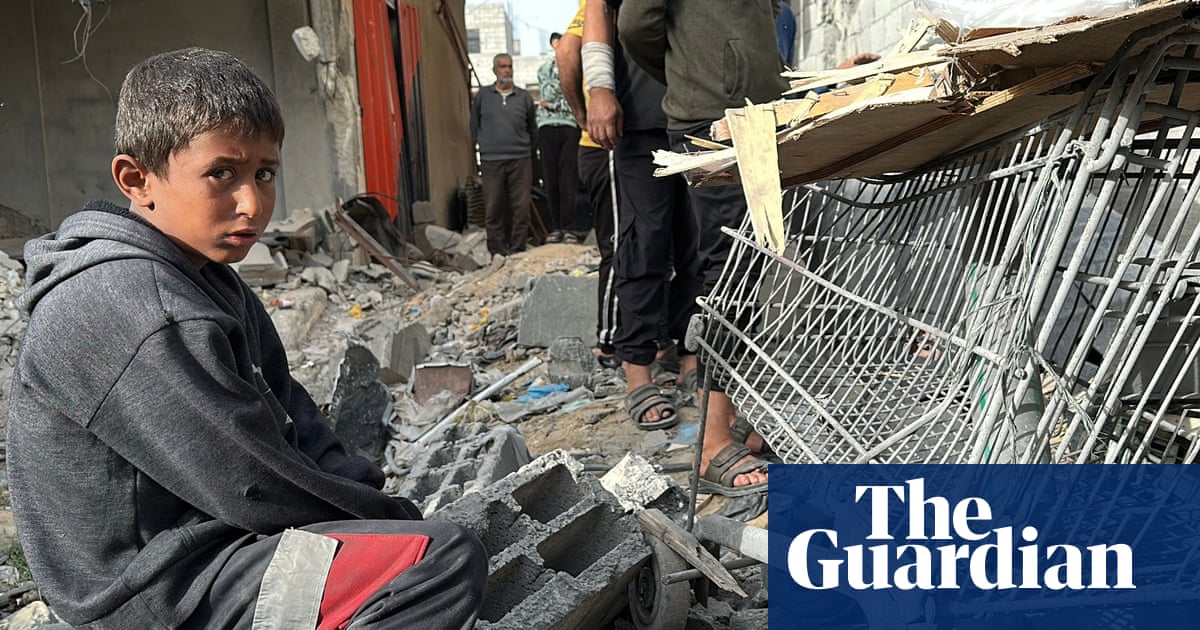In his novel The Noise of Time, Julian Barnes depicts the Russian composer Dmitri Shostakovich as “a man standing by a lift, at his feet a small case containing cigarettes, underwear and tooth powder; standing there and waiting to be taken away”. He knows that it will soon be his turn to be arrested by Stalin’s secret police and is prepared for it.
Power in the Soviet Union had been seized by many who were uneducated and coarse, driven by a vindictiveness amplified by the sense that they were merely taking what was rightfully theirs. Shostakovich, along with writers such as Leonid Andreyev, Ivan Bunin, Alja Rachmanowa and others left strikingly similar depictions of the upheaval caused by the Stalinist purges: society was divided and riven by fear, anxiety, acts of revenge, lists of inconvenient people, destruction. Brute force prevailed over talent, expertise and education. The winner took all.
Slovakia is (for now) a member of the EU, it is (for now) a democratic country and has not (so far) endured a bloody or violent coup. But the atmosphere today feels to me in some ways quite similar to that described in Russia 100 years ago.
Since the populist Robert Fico’s return for a fourth term as prime minister in October 2023, Slovakia has pivoted from the west to the east and is drifting away from liberal democracy to what looks like authoritarianism. A long-term critic of the EU and Nato, Fico has questioned Russia’s role as the aggressor in the war in Ukraine, threatening to stop electricity supplies to Kyiv.
In December Fico travelled to Moscow for a private meeting with Vladimir Putin, only the third western leader to do so since the full-scale invasion of Ukraine. In response, Slovaks have taken to the streets to voice their anger about the country’s future, their support for Ukraine and for Slovakia’s continued membership of the EU and Nato. The most recent protest, drew more than 100,000 people, many calling for Fico to resign.
But how does one defend democracy if the state’s very representatives are involved in systematically dismantling it? And how could the achievements of the 35 years since the Velvet Revolution have been upended so quickly?
Slovakia’s artistic and cultural community has always been at the forefront of the pro-democracy cause. That was the case during the Velvet Revolution and in the 1990s protests against prime minister Vladimír Mečiar’s government. Thirty years later, in the mass rallies that followed the murder of the investigative journalist Ján Kuciak, it was the voices of Slovakian artists and cultural workers that sounded loudest about the threat to freedom and democratic values. That uprising led to the collapse of Fico’s third government.
No wonder, then, that attempts to silence government critics are now targeted on the arts, culture and NGOs. Under the guise of balancing budgets, Fico has brought in sweeping institutional changes and taken a scythe to sources of funding for culture. Those who can’t be sacked or silenced are starved and exhausted out of existence.
While the media, judiciary, police, prosecution and security services – key areas by which democracy stands or falls – have been subjected to similarly radical shake-ups, a look back at the assault on the arts over the past year tells an alarming story.
One of Fico’s first and most controversial appointments was Martina Šimkovičová. The former TV presenter, who lost her job at a private TV station in 2015 for anti-refugee posts on social media, was appointed minister for culture.
Šimkovičová, a member of the far-right Slovak National party, set the tone for her new role by stating that “the culture of the Slovak people must be Slovak and no other”. Her head of office, Lukáš Machala, is a man who questions whether the Earth is really round (this is not a joke).

Šimkovičová quickly embarked on a wholesale purge across the arts. She started by sacking a large number of culture ministry staff, followed by weekly dismissals of key employees in almost every state-run cultural institution, including the National Library. Hardly a week has gone by without a leading figure in a well-regarded museum, theatre, gallery or conservation agency being fired. Those who have not yet been removed or demoted are dreading their turn, which they know is only a question of time.
One of the most egregious examples of the purge is what happened at the Slovak National Gallery (SNG). It underwent an extraordinarily thorough and, by Slovakian standards, successful reconstruction under its director, Alexandra Kusá, who turned it into a modern, acclaimed and popular institution. But in August last year, shortly after the big opening of the refurbished galleries, Kusá was dismissed.
This led to a public protest and the resignations of a number of key SNG staff, not only in solidarity with Kusá but citing untenable working conditions. Alarmed by the situation, two partner museums, in Austria and Germany, have taken the unprecedented step of withdrawing from an exhibition they had long planned jointly with SNG, because as their letter noted, “the current situation poses a potential risk to the items to be lent, for the protection of which the institutions themselves are responsible”. Kusá has accused accused the culture ministry of launching “an era of bullying and intimidation”.
A hundred National Gallery employees resigned em masse this week and the biggest sponsor stopped its financial support.
The blows keep coming. The functioning of the Slovak Arts Fund (modelled on Arts Council England) has been brought to a complete standstill and rendered incapable of allocating and disbursing grants. With other funding schemes paralysed, thousands of artists, professional and amateur alike, from folklore through literature, theatre and the visual arts face uncertainty as to whether they will be able to survive financially. Even works to restore dilapidated historic buildings have been halted after the abolition of a range of culture ministry departments, including the one tasked with the preservation of monuments.
The director of the Slovak Literary Centre, the agency responsible for promoting Slovakian literature at home and abroad, has been replaced by a figure who is accused of ties with conspiracy platforms. The head of the national heritage office was dismissed in December. As if this were not enough, the writer Michal Hvorecký and the visual artist Ilona Németh say the culture minister has filed criminal complaints against them.
For a year now, the arts community has implored the government to listen to sense, but to no avail. Two petitions for the dismissal of Šimkovičová have appeared in the space of six months, garnering record numbers of signatures.
Castles and historical landmarks have hoisted black flags in protest. At the Slovak National Theatre, another institution whose director was dismissed without notice, actors have taken to reading statements before or after performances.
Slovakia’s president, Peter Pellegrini, has ignored pleas from the arts community for a meeting. His continued silence prompted Zdena Studenková, an acclaimed Slovakian actor, to turn down a new year honour.
More than 700 psychiatrists and psychologists have signed an open letter to the PM, as have more than 2,000 academics and almost 6,000 workers in education. But since Fico’s Moscow visit, such small-scale protests have widened into the mass demonstrations we’ve been seeing.
Fico says he has no intention of stepping down. And in the context of other crises plaguing Europe, the dismantling of Slovakian culture may seem insignificant. But a vast machine now appears aimed at unravelling our democracy. Every regional museum closure or curator sacking is a another step in that process. Fico is following in the footsteps of Putin, Viktor Orbán and Alexander Lukashenko.
-
Monika Kompaníková is a Slovakian journalist and novelist

.png) 2 months ago
26
2 months ago
26
